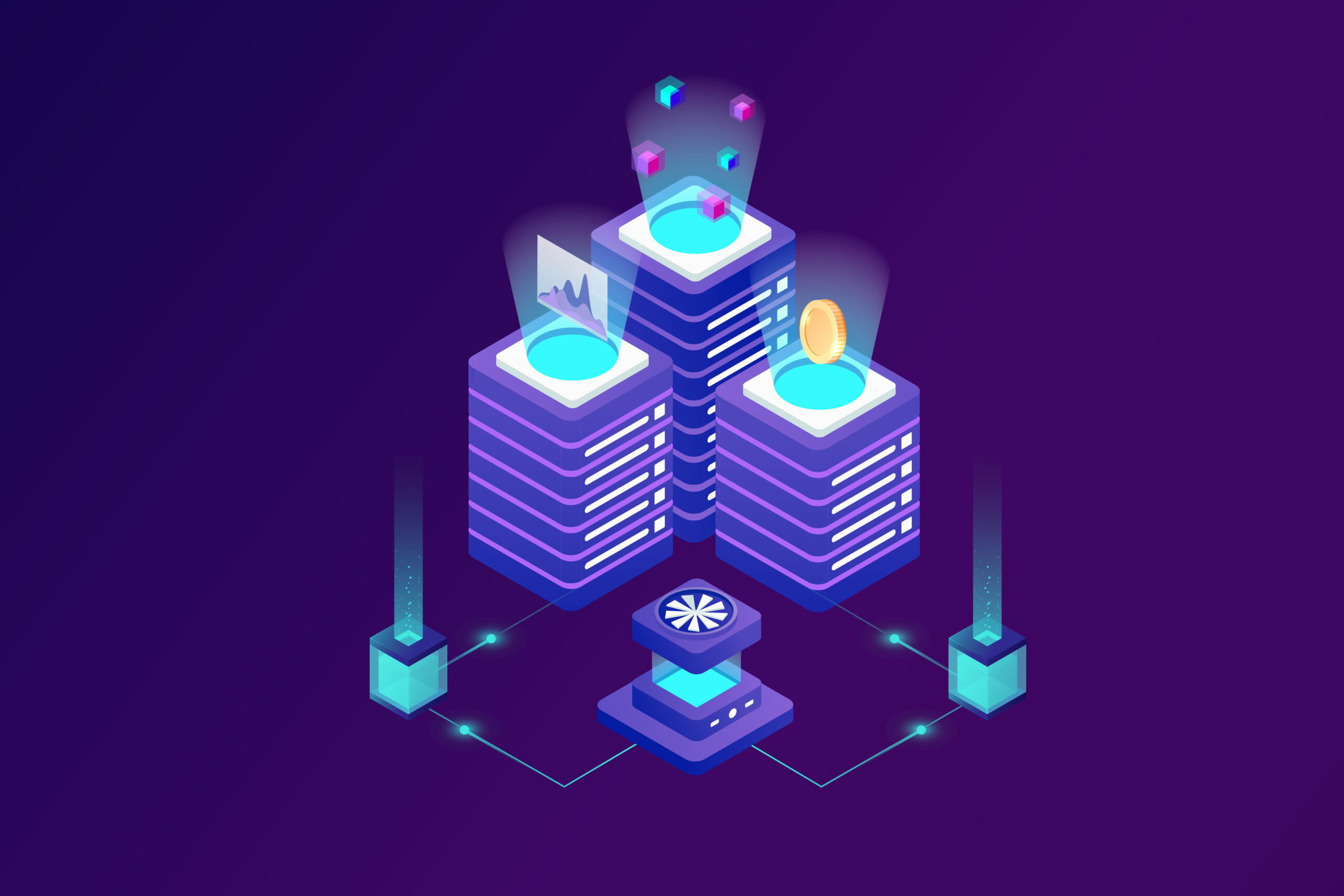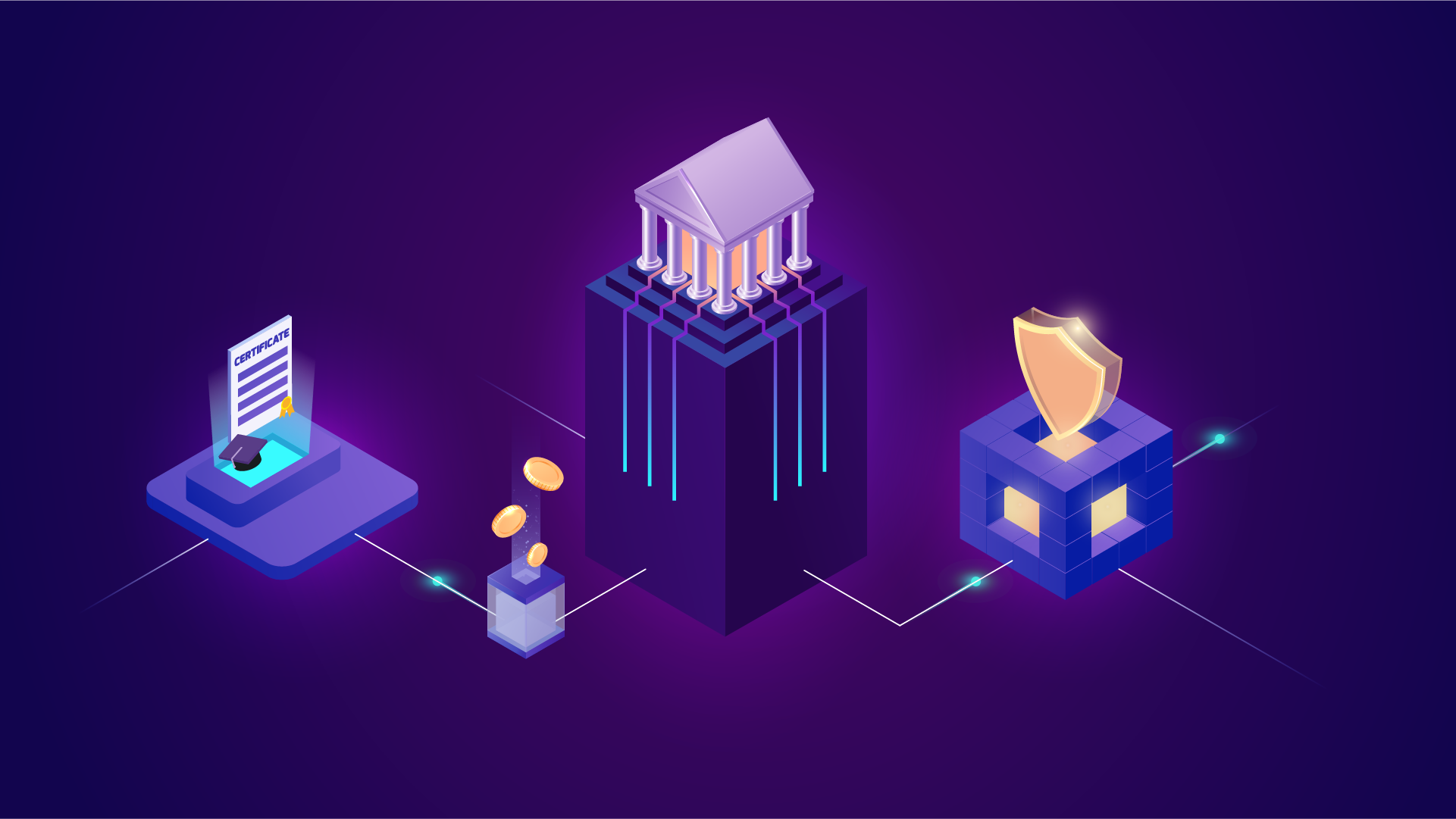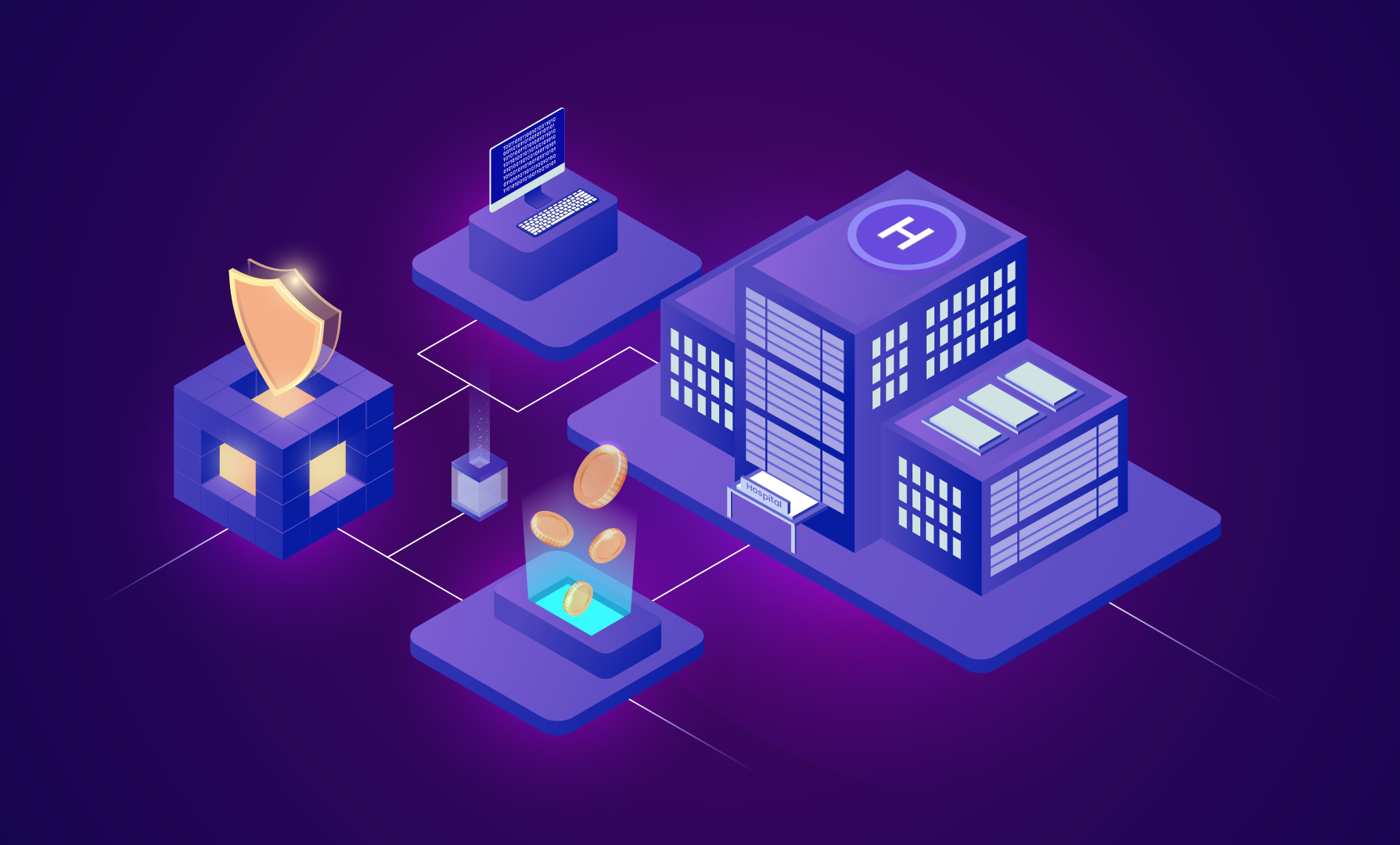Tokenization is the process of transforming any asset, physical or digital, into a token that can be stored, transferred, and traded on a blockchain network. Tokenization in 2024 has the potential to unlock the unlimited power of assets and blockchain technology, by enabling new forms of value creation, exchange, and innovation.
Benefits of Tokenization
By tokenizing an asset, the owner can benefit from the advantages of the blockchain technology, such as:
- Security: The blockchain network provides a tamper-proof and transparent record of the token’s history and transactions, ensuring that the ownership and provenance of the asset are verifiable and immutable.
- Liquidity: The token can be easily traded on a global and decentralized marketplace, without the friction and costs of intermediaries or regulations. This can increase the demand and value of the asset, as well as unlock new sources of capital and financing.
- Accessibility: The token can be divided into smaller units, allowing for fractional ownership and participation. This can lower the barriers to entry and democratize access to the asset, especially for underserved or unbanked populations.
- Innovation: The token can be programmed with various functionalities and features, enabling new forms of value creation and exchange. For example, a token can be linked to another token, creating a composite asset or a derivative. A token can also be embedded with incentives, rewards, or governance mechanisms, creating a dynamic and self-regulating ecosystem.
Examples of Tokenization in 2024
Tokenization is already transforming various industries and sectors, such as:
- Finance: Tokenization can create new opportunities for financial inclusion, efficiency, and innovation. For example, tokenization can enable peer-to-peer lending and borrowing, without the need for banks or credit agencies. Tokenization can also facilitate cross-border payments and remittances, without the fees or delays of intermediaries. Tokenization can also create new asset classes and investment opportunities, such as tokenized funds, bonds, or stocks.
- Art: Tokenization can empower artists and collectors, by enhancing the security, liquidity, and accessibility of their artworks. For example, tokenization can enable artists to retain ownership and royalties of their works, even after they are sold. Tokenization can also enable collectors to trade and display their artworks on digital platforms, without the risk of theft or damage. Tokenization can also enable fractional ownership and participation, allowing more people to enjoy and support the art industry.
- Real Estate: Tokenization can revolutionize the real estate market, by reducing the complexity, costs, and risks of buying, selling, and managing properties. For example, tokenization can enable fractional ownership and investment, allowing more people to access the real estate market, especially in high-demand or expensive areas. Tokenization can also enable automated and transparent property management, such as rent collection, maintenance, or insurance. Tokenization can also enable new forms of real estate development and innovation, such as co-living, co-working, or smart cities. An Austria-based Rocksolid AG project is one of new interesting real estate management tokenization use cases in the DACH region.
The Future of Tokenization
Tokenization is not a mere trend, but a paradigm shift that will reshape the economy and society. Tokenization will enable the creation of a new digital economy, where value is not limited by physical or geographical boundaries, but by the imagination and creativity of the participants. Tokenization will also enable the emergence of a new digital society, where people can interact and collaborate in more democratic, inclusive, and sustainable ways.
Tokenization is the unlimited power of the blockchain technology, and the unlimited potential of humanity 🚀.
Real-World Assets Tokenization in 2024
One of the most prominent trends in tokenization that has been growing rapidly in 2023 is Real-World Assets (RWAs) tokenization. RWAs tokenization is the process of converting the ownership or rights of real-world assets, such as land, buildings, vehicles, commodities, or natural resources, into digital tokens that can be stored, transferred, and traded on a blockchain network. Real-world assets tokenization can unlock the value of assets that are otherwise illiquid, inaccessible, or inefficiently managed.
RWAs tokenization is already gaining traction and adoption in various networks, such as:
- Ethereum: Ethereum is one of the leading blockchain platforms for real-world assets tokenization, as it offers a robust and flexible smart contract framework, a large and diverse developer community, and a wide range of decentralized applications and protocols. Ethereum has been used to tokenize various types of real-world assets, such as bonds, real estate, art, and commodities [1].
- Avalanche: Avalanche is a smart contract platform that offers high scalability, low latency, and interoperability with other blockchains. Avalanche has a dedicated fund of $50 million to bring more tokenized assets to its network, such as real estate, private credit, and bonds [2] [3]. Avalanche also allows users to conduct cross-chain transactions with other networks, such as Polygon or Binance Smart Chain [4].
- Stellar: Stellar is a blockchain network that focuses on facilitating cross-border payments and remittances. Stellar supports various types of RWAs, such as stablecoins, tokenized fiat currencies, and tokenized stocks. For example, investment fund giant Franklin Templeton launched the first U.S. registered mutual fund to use a public blockchain on Stellar in 2021 [5]. Stellar also enables users to exchange RWAs with other assets on its decentralized exchange.
- Polygon: Polygon is a layer-2 scaling solution for Ethereum that aims to provide faster and cheaper transactions for decentralized applications (DApps). Polygon supports various types of RWAs, such as stablecoins, tokenized gold, and U.S. Treasuries. For example, the above-mentioned Franklin Templeton that launched the Franklin OnChain U.S. Government Money Fund in 2021 on Stellar, later expanded to Polygon in 2023 [5].
- eCredits: eCredits is a decentralized, blockchain-based ecosystem empowering local businesses and democratizing finance. Designed to be “the people’s currency for daily use”, eCredits enables users, Consumers and Merchants, to make and accept everyday purchases with the ecosystem’s native cryptocurrency, eCredits (ECS). eCredits is running on its own blockchain, and nodes, with a technology stack, derived from the Ethereum blockchain and uses Proof-of-Authority with a block time of 5 seconds [6]. eCredits has been used to tokenize various types of real-world assets, such as gemstones [7] and real estate management [8].
Real-world assets tokenization is one of the most promising and exciting applications of blockchain technology, as it can create new possibilities and opportunities for asset owners, investors, and society. RWAs tokenization can democratize the access and ownership of assets, enhance the efficiency and transparency of asset management, and foster the innovation and sustainability of asset development. Real-world assets tokenization can certainly make a huge contribution into unleashing the unlimited power of tokenization 💎.
Sources
[1] Ethereum Emerges as a Key Blockchain for Tokenized Real-World Assets (msn.com)
[2] Tokenization News Roundup: Avalanche Blockchain Invests $50M in Real-World Assets
[3] Overview of On-Chain RWAs and the Forces Propelling their Growth | Galaxy
[4] Avalanche Users Can Now Buy Polygon or BSC Assets in a Single Transaction (coindesk.com)
[5] The Tokenization of Real-World Assets (RWA) Explained (coindesk.com)
[6] eCredits
[7] The Natural Gem Uses eCredits Blockchain to Tokenize €5M Gemstone Collection – eCredits



